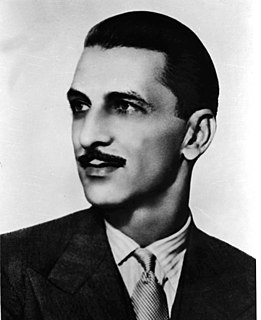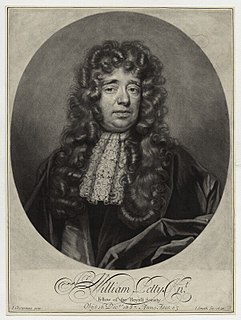Top 248 Commodities Quotes & Sayings - Page 5
Explore popular Commodities quotes.
Last updated on April 16, 2025.
Economists may not know much. But we know one thing very well: how to produce surpluses and shortages. Do you want a surplus? Have the government legislate a minimum price that is above the price that would otherwise prevail. That is what we have done at one time or another to produce surpluses of wheat, of sugar, of butter, of many other commodities. Do you want a shortage? Have the government legislate a maximum price that is below the price that would otherwise prevail.
Money is different from all other commodities: other things being equal, more shoes, or more discoveries of oil or copper benefit society, since they help alleviate natural scarcity. But once a commodity is established as a money on the market, no more money at all is needed. Since the only use of money is for exchange and reckoning, more dollars or pounds or marks in circulation cannot confer a social benefit: they will simply dilute the exchange value of every existing dollar or pound or mark.
The essence of air transport is speed, and speed is unfortunately one of the most expensive commodities in the world, principally because of the disproportionate amount of the power required to achieve high speed and to lift loads thousands of feet into the air. This is strikingly illustrated by the fact that while an average cargo ship, freight train and transport aeroplane are each equipped with engines totalling about 2,500 H.P., the ship can carry a load of about 7,000 tons, the train 800 tons and the plane only two and a half tons.
Our freedom of choice in a competitive society rests on the fact that, if one person refuses to satisfy our wishes, we can turn to another. But if we face a monopolist we are at his absolute mercy. And an authority directing the whole economic system of the country would be the most powerful monopolist conceivable…it would have complete power to decide what we are to be given and on what terms. It would not only decide what commodities and services were to be available and in what quantities; it would be able to direct their distributions between persons to any degree it liked.
Let us consider the actual, worldly Jew - not the Sabbath Jew, as Bauer does, but the everyday Jew. ... What is the worldly religion of the Jew? Huckstering. What is his worldly God? Money. Money is the jealous god of Israel, in face of which no other god may exist. Money degrades all the gods of man - and turns them into commodities. The bill of exchange is the real god of the Jew. His god is only an illusory bill of exchange. The chimerical nationality of the Jew is the nationality of the merchant, of the man of money in general.
In raising the price of commodities, the rise of wages operates in the same manner as simple interest does in the accumulation of debt. Our merchants and master manufacturers complain much of the bad effects of high wages in raising the price, and thereby lessening the sale of their goods, both at home and abroad. They say nothing concerning the bad effects of high profits; they are silent with regard to the pernicious effects of their own gains. They complain only of those of other people.
It were good to know how much hay an acre of every sort will bear; how many cattle the same weight of each sort of hay will feed and fatten; what quantity of grain and other commodities the same acre will bear in one, three or seven years; unto what use each soil is proper; all which particulars I call intrinsic value, for there is also another value merely accidental or extrinsic.
Society established gold and silver as a circulating medium and as a legal tender in order that exchanges of commodities might be facilitated; but society blundered in so doing; for, by this very act, it gave to a certain class of men the power of saying what exchanges shall, and what exchanges shall not, be facilitated by means of this very circulating medium. The monopolizers of othe precious metals have an undue power over the community: they can say whether money shall, or shall not, be permitted to exercise its legitimate functions.







